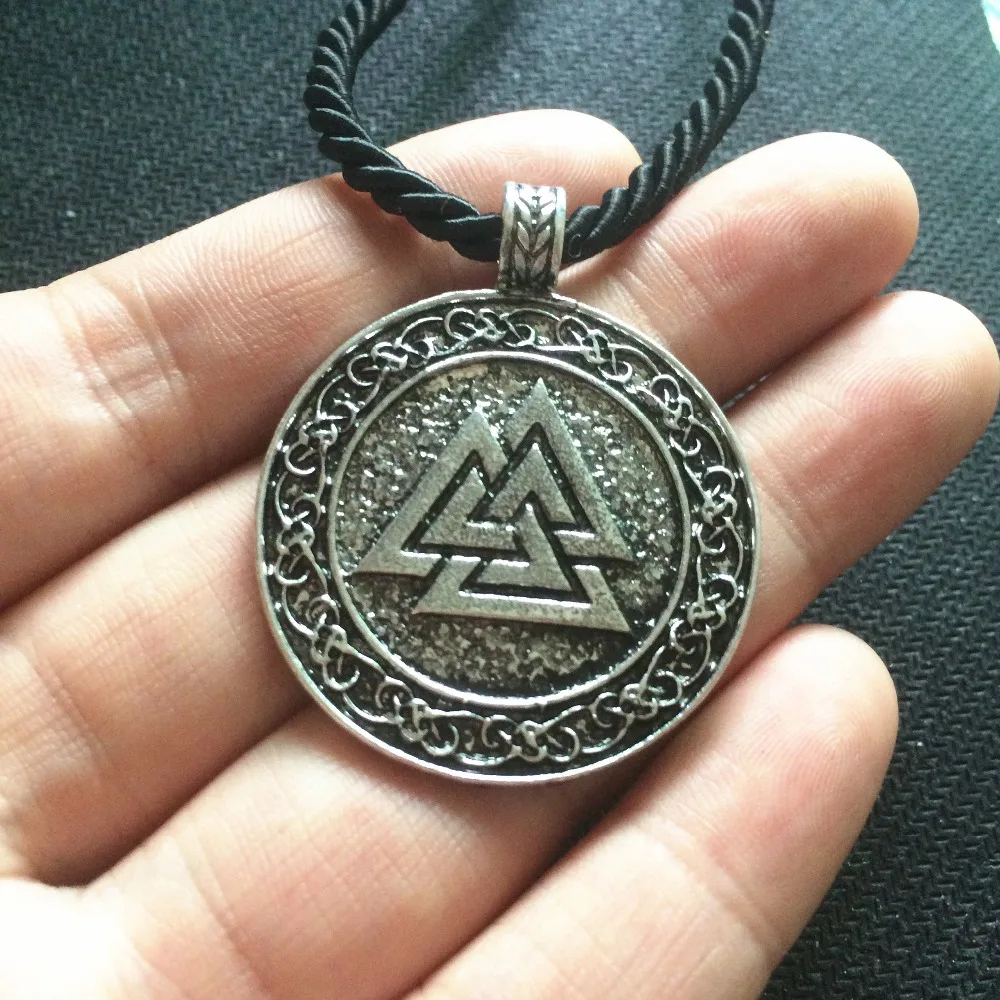Introduction:
Viking culture has always captivated people around the world. The Vikings, known for their fearless warriors and rich history, have left behind a legacy that continues to intrigue modern society. One of the ways to honor and connect with this ancient culture is through the purchase of Viking necklaces. In this report, we will explore the significance of Viking necklaces, their historical background, and the various options available for purchase.
I. Historical Background:
A. Viking Culture:
Before delving into the specific details of Viking necklaces, it is important to understand the historical context in which they were created. The Vikings were seafaring people from the late 8th to early 11th century, originating primarily from Scandinavia. They were known for their exploration, trading, and raiding activities in Europe. Their culture revolved around a strong belief in gods, valuing honor, strength, and bravery.
B. Viking Jewelry:
Viking jewelry played a significant role in their culture and was often crafted with intricate designs and symbolic meanings. The Vikings adorned themselves with various jewelry pieces, including necklaces, rings, bracelets, and brooches. Among these, Viking necklaces held a special place as they were worn close to the heart, signifying strength, protection, and loyalty.
II. Significance of Viking Necklaces:
A. Cultural Symbols:
Viking necklaces were not merely fashion accessories; they represented deeper cultural beliefs and values. From Thor's Hammer (Mjölnir) pendants symbolizing protection and bravery to Valknut pendants representing the connection between life and death, each necklace had a unique symbolic significance.
B. Connection to Norse Mythology:
The designs of Viking necklaces were often influenced by Norse mythology. Symbols such as Yggdrasil (the World Tree) and Vegvisir (the Viking compass) were believed to bring guidance, wisdom, and protection to the wearer. Owning a Viking necklace allows one to connect with these ancient Norse beliefs and derive strength from them.
III. Buying Viking Necklaces:
A. Material and Design:
Viking necklaces are available in various materials such as sterling silver, bronze, and stainless steel. Buyers can choose the metal that best suits their personal preferences and budget. Designs range from simple and minimalist to intricately carved patterns, providing buyers with a wide range of options to express their connection to Viking culture.
B. Authenticity and Craftsmanship:
When purchasing a Viking necklace, authenticity and craftsmanship are crucial aspects to consider. Ensure that the seller provides information about the necklace's origins and the materials used. Look for reputable sellers or artisans who specialize in Viking jewelry to ensure the highest quality and accurate representation of Viking culture.
C. Price Range:
The price range of Viking necklaces varies depending on factors such as material, design complexity, and craftsmanship. While some necklaces may be more affordable, intricately designed and handcrafted pieces may be pricier. Budget-conscious buyers can still find high-quality Viking necklaces within their price range by exploring different sellers or considering replicas.

Conclusion:
Viking necklaces are not just fashion accessories; they serve as powerful cultural symbols that connect individuals to the strength and power of the Viking heritage. By
understanding their
historical background, symbolic significance, and buying considerations, one can make an informed decision when purchasing a
Viking necklace. Embracing Viking culture through the acquisition of these necklaces allows individuals to carry a piece of history, valor, and symbolism close to their hearts.